Steven Pearlstein's book recommendations
The Washington Post columnist recommends works by Adam Smith, Francis Fukuyama, and more
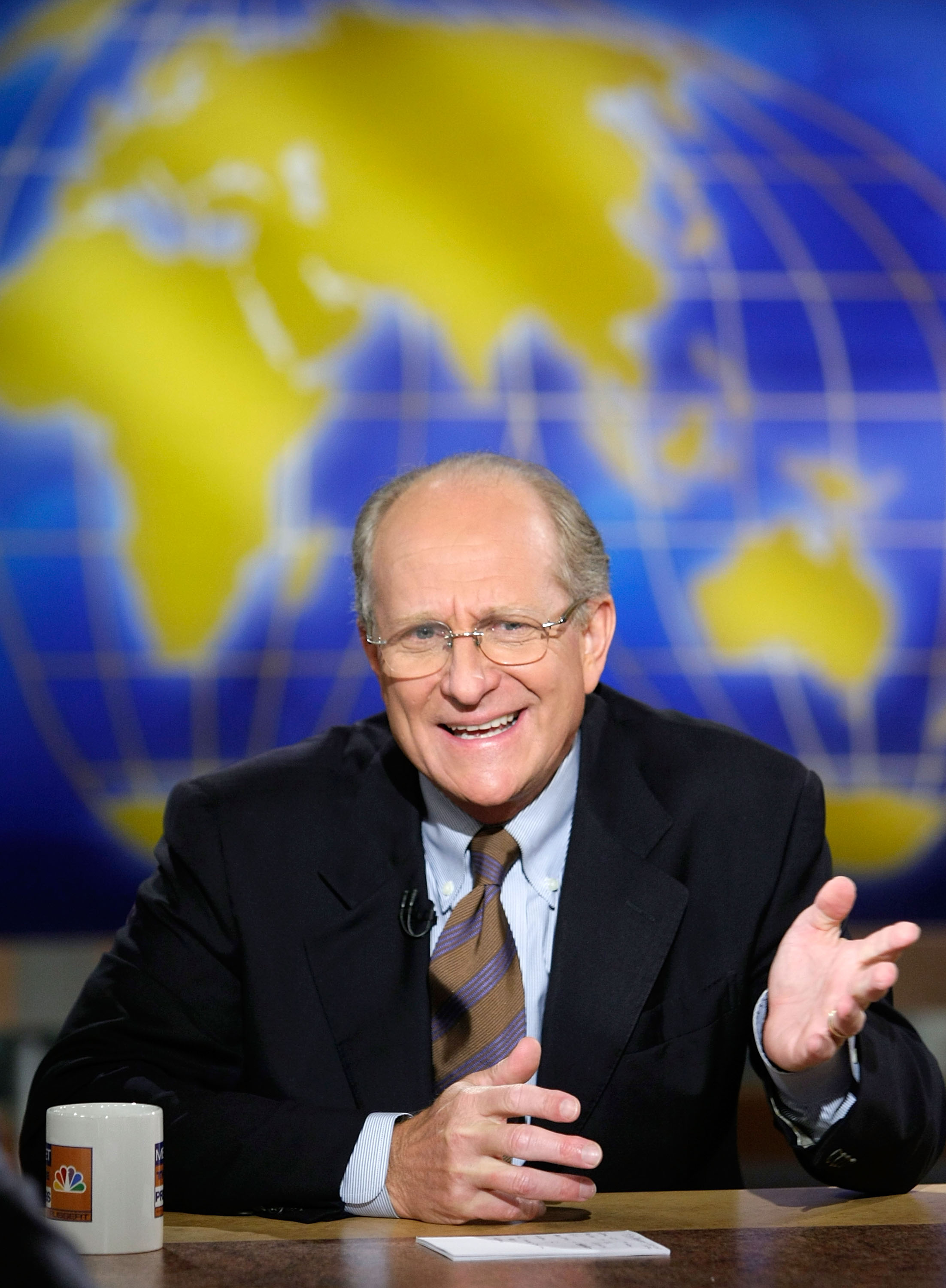
Steven Pearlstein is a Pulitzer-winning financial columnist at The Washington Post and a professor at George Mason University. His new book, Can American Capitalism Survive?, explores how capitalism can regain its moral legitimacy.
The Theory of Moral Sentiments by Adam Smith (1759).
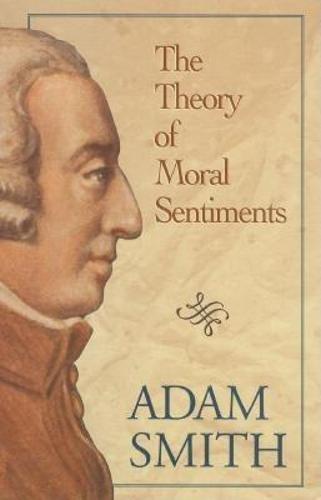
For Adam Smith, man was never the greedy individualist conjured up by today's free-market purists, but a sentient, social animal whose motivations are complex and whose wealth and happiness depend on the wealth and happiness of others. Smith's first book, published 17 years before The Wealth of Nations, lays out the moral foundations for a market economy.
The Week
Escape your echo chamber. Get the facts behind the news, plus analysis from multiple perspectives.

Sign up for The Week's Free Newsletters
From our morning news briefing to a weekly Good News Newsletter, get the best of The Week delivered directly to your inbox.
From our morning news briefing to a weekly Good News Newsletter, get the best of The Week delivered directly to your inbox.
Unequal Chances: Family Background and Economic Success edited by Samuel Bowles, Herbert Gintis, and Melissa Osborne Groves (2005).
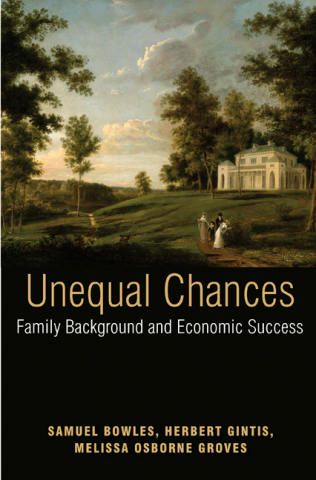
This collection of authoritative essays on the social sciences demonstrates why, because of both nature and nurture, genuine equality of economic opportunity is neither possible nor even desirable.
Moral Tribes: Emotion, Reason, and the Gap Between Us and Them by Joshua Greene (2013).
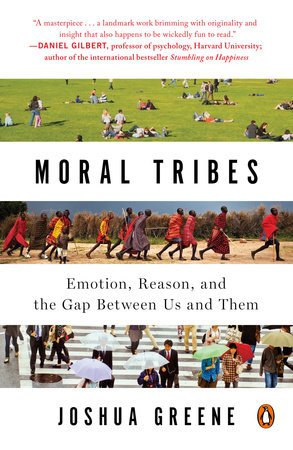
An engaging and accessible explanation of how our moral instincts evolved, both biologically and culturally. Greene, a research psychologist and the director of Harvard's moral cognition lab, describes how humans are wired to strike a balance between selfishness and cooperation in a way that has allowed us to prevail over other species and contend with other tribes.
A free daily email with the biggest news stories of the day – and the best features from TheWeek.com
Our Kids: The American Dream in Crisis by Robert D. Putnam (2015).
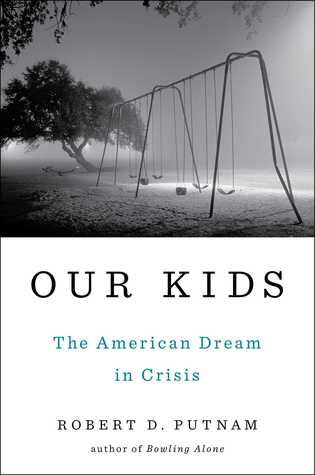
The Harvard professor who wrote Bowling Alone here weaves tales of his hometown, Port Clinton, Ohio, with the latest economic and social science data to demonstrate how rising income inequality is eroding the American Dream.
A Capitalism for the People by Luigi Zingales (2012).
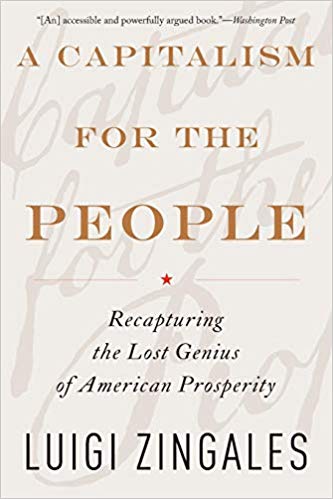
Zingales, an engaging University of Chicago professor, aims to save capitalism from capitalists by reducing cronyism and influence peddling, reviving competition, and restoring a moral sensibility to America's business sector.
Trust: The Social Virtues and the Creation of Prosperity by Francis Fukuyama (1995).
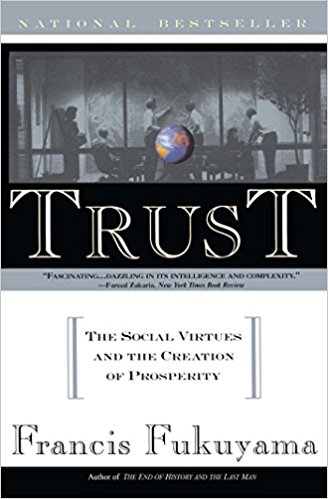
Looking across countries and histories, the man who prematurely proclaimed "the end of history" concludes that a nation's well-being — including its ability to compete economically — depends on the level of trust that its people have in one another and in their institutions.
-
 What is the Donroe Doctrine?
What is the Donroe Doctrine?The Explainer Donald Trump has taken a 19th century US foreign policy and turbocharged it
-
 Could a part-and-part mortgage help you on to the property ladder?
Could a part-and-part mortgage help you on to the property ladder?Combining repayment and interest-only mortgages could become more popular as part of a push towards more flexible lending
-
 Is social media over?
Is social media over?Today’s Big Question We may look back on 2025 as the moment social media jumped the shark